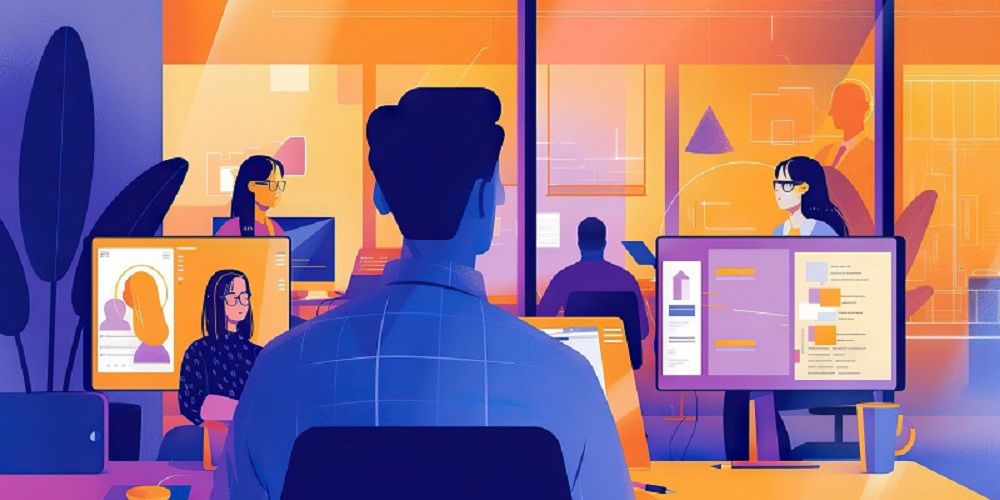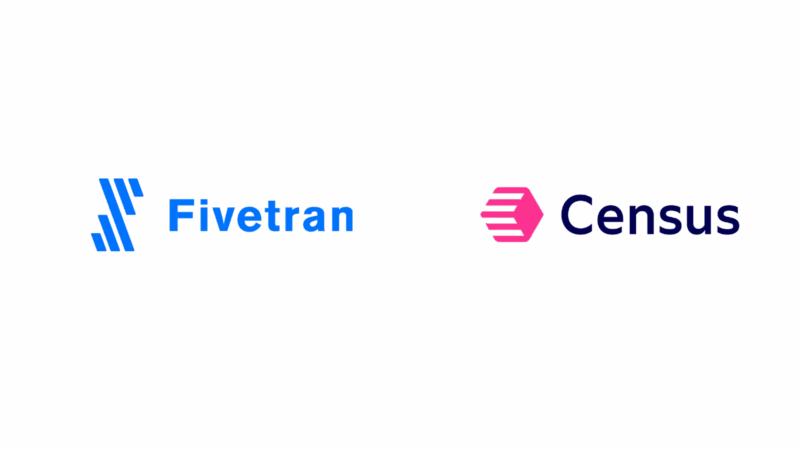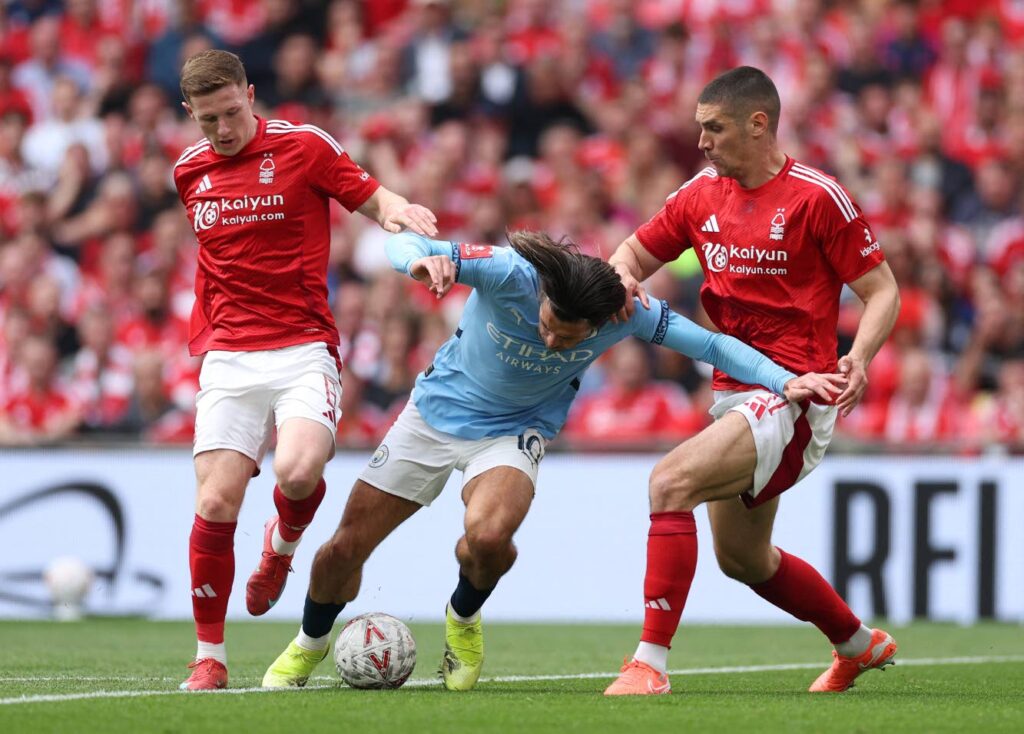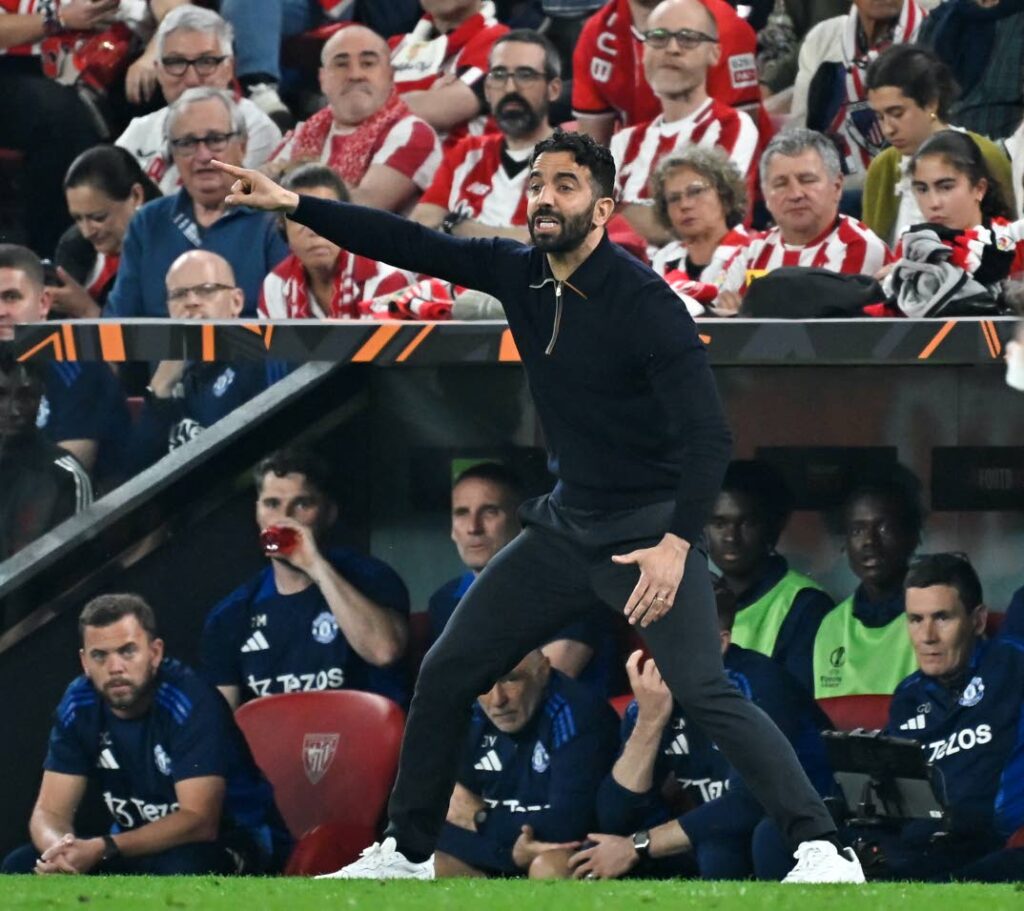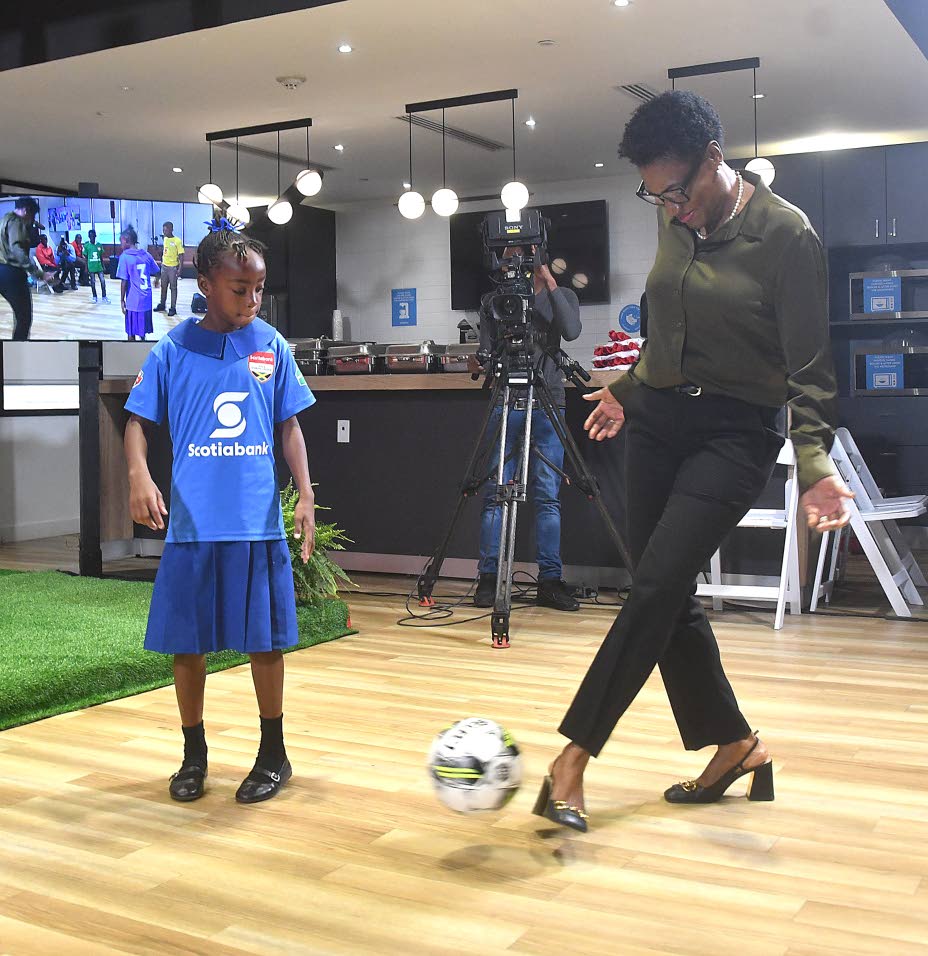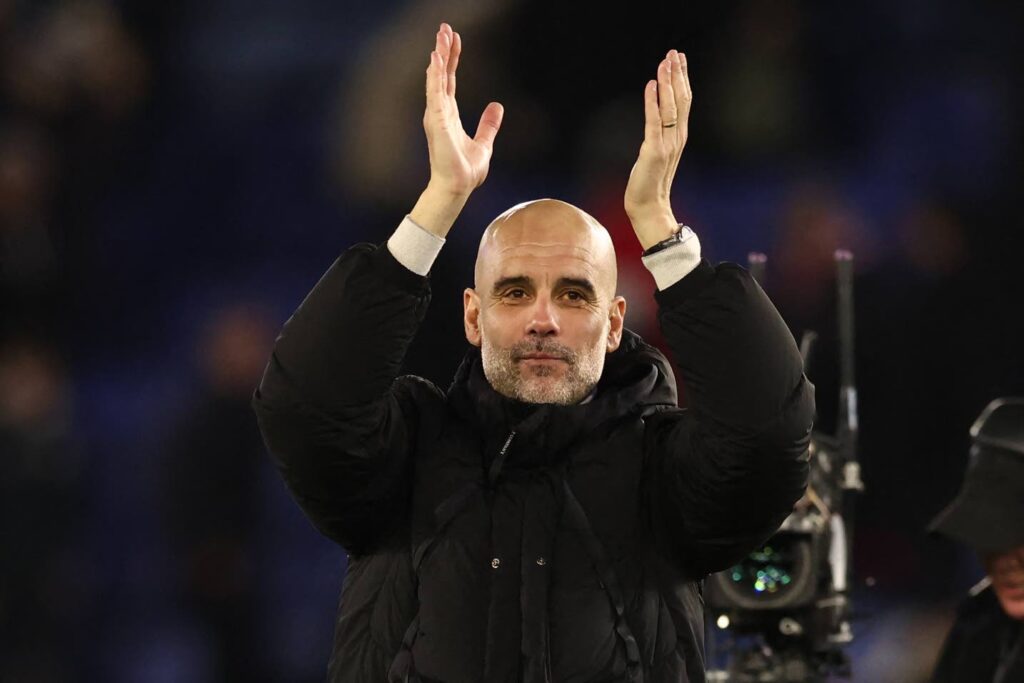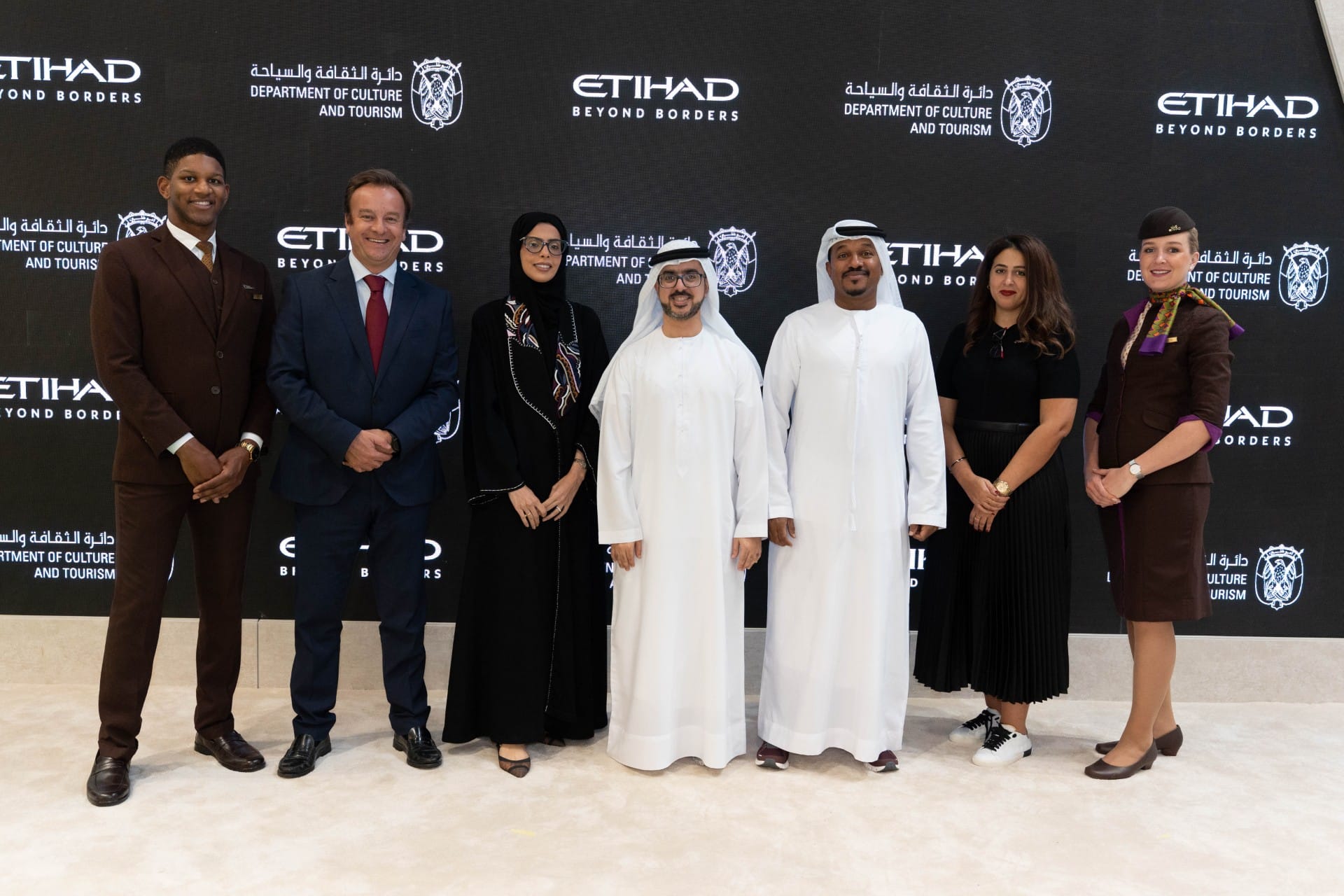Children as true stakeholders

HUNGRY Workhorse recently ran a co-creation workshop with children representatives from Luzon, together with the Council for the Welfare of Children (CWC). The goal was simple: Let children speak for themselves.
The results will be used as input for the 20th CWC Legislative Agenda for Children. That's a big shift. Instead of guessing what children want or need, the workshop gave them a seat at the table.
We don't usually think of children as stakeholders. Adults make the decisions, hold the budgets and set the policies. But children live with what adults decide. They are affected by how cities are designed, how schools are run and even by how laws are written. Yet they are often left out of the conversation.
This is where co-creation becomes more than a buzzword. It tries to fix a long-standing blind spot. Including children as stakeholders is not just nice to have — it is necessary.
Hungry Workhorse and CWC show how this can work in practice. It's one thing to say "children have rights" or "children should be heard," but it is another thing to actually sit down with them, ask questions and listen without correcting or dismissing their thoughts.
Issues
In the workshop, the kids talked about issues that matter to them — education, health, safety and online protection. Some spoke about their experience with school modules. Others said it was hard to get healthy food. There were concerns about the lack of community programs outside of the typical basketball leagues.
These are real problems children face every day. If we want to fix them, who better to ask than the people who live through them?
Co-creation with children is more than just gathering feedback. It is a way to design better systems, products and services that truly work for them. When we bring children into the process early on, we do not just improve outcomes — we reduce waste, improve engagement and build solutions that last. They notice details adults might miss. They ask questions we might think are too simple, but which often go straight to the point. They are curious, honest and surprisingly practical.
Take food and beverage, for example. Many brands develop drinks "for kids" based on what they think children like — sweet flavors, cartoon mascots, colorful packaging. But those products are usually made by adults in marketing rooms, nutrition labs or corporate boardrooms.
If we asked children what they wanted in a drink, we might be surprised that they would prefer something not too sweet, or would not stain their teeth, or come in bottles easier to open. Maybe they would care more about how the drink makes them feel afterward, rather than what it looks like on the shelf.
One study had a focus group of children evaluating juice boxes. The company thought the most important thing was flavor. But the children were more focused on how messy the boxes were and whether they could open them without help.
One child said he didn't like how the straws kept falling out of the little plastic sleeve. Another asked if the drink could help her stay awake in class without being "too sugary." These are insights you won't find in a spreadsheet. You only get them when you ask the real users — the children themselves.
This approach doesn't just help businesses, but also schools, communities and the government. When children are part of the process, they learn that their voice matters, that decisions aren't just handed down from above.
Adults benefit, too. We're reminded to slow down, listen better and be more open. We often assume we know best. But what if we don't? What if a 10-year old has a better idea on what makes learning fun, or how to stay safe at school, or what kind of public spaces they actually want to spend time in?
The insights gathered from the children are now being considered as part of the national legislative agenda. That means actual policies may be shaped by what the kids said at the workshop. This moves beyond tokenism and into real participation.
We should do more of this. Not just in formal government spaces, but in everyday work — product development, program design, urban planning.
Children aren't just the "future." They're people with thoughts, needs and experiences that matter. When we treat them as true stakeholders, we don't just do right by them. We build smarter, more inclusive systems that work better for everyone.
In the end, it comes down to a basic idea: if you're creating something for someone, you should talk to them. Children are no exception.
Kay Calpo Lugtu is chief operating officer of Hungry Workhorse, a digital and culture transformation firm. Her advocacies include food innovation, nation-building and sustainability. She may be reached at kay.lugtu@hungryworkhorse.com.
What's Your Reaction?
 Like
0
Like
0
 Dislike
0
Dislike
0
 Love
0
Love
0
 Funny
0
Funny
0
 Angry
0
Angry
0
 Sad
0
Sad
0
 Wow
0
Wow
0
